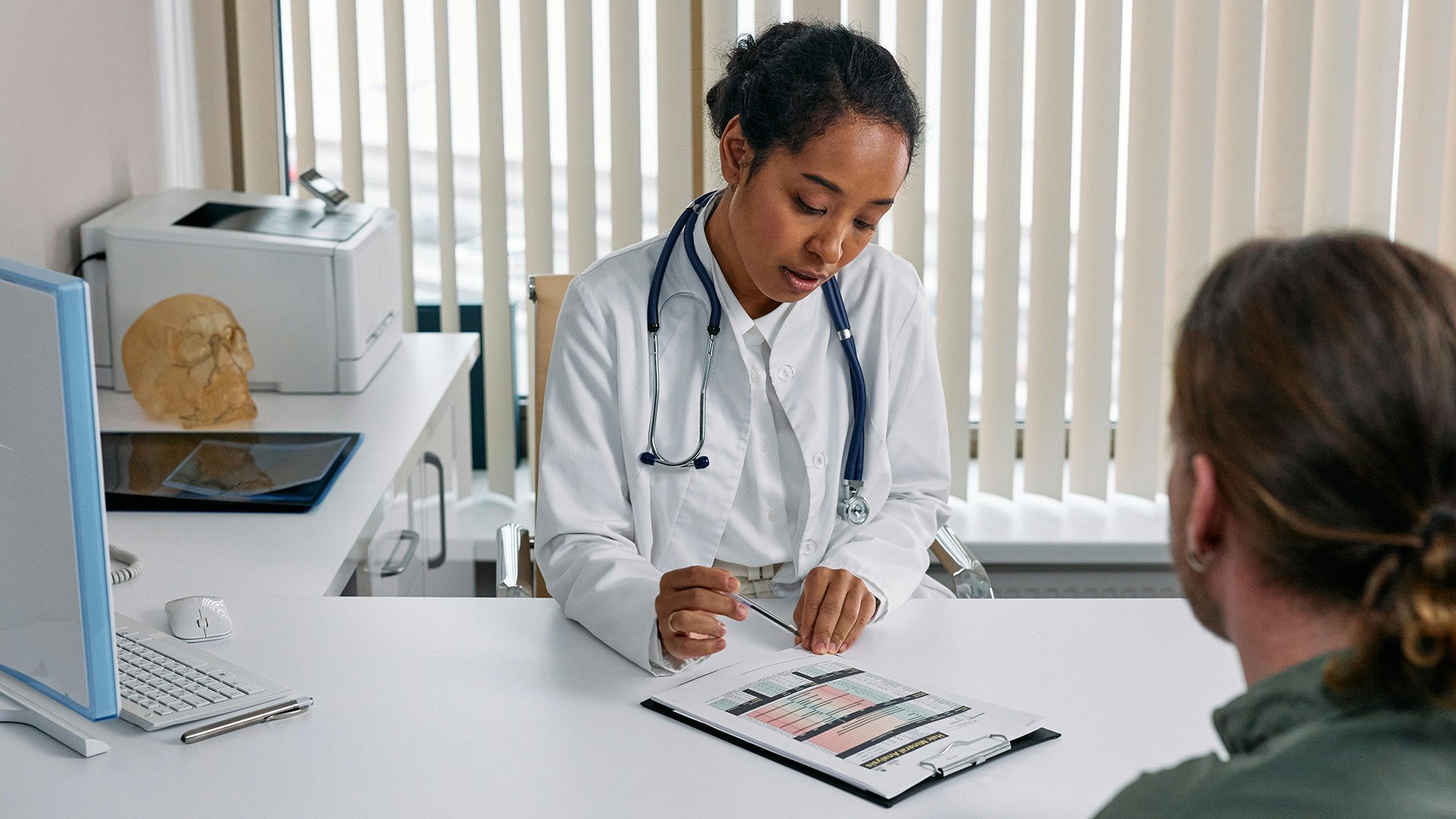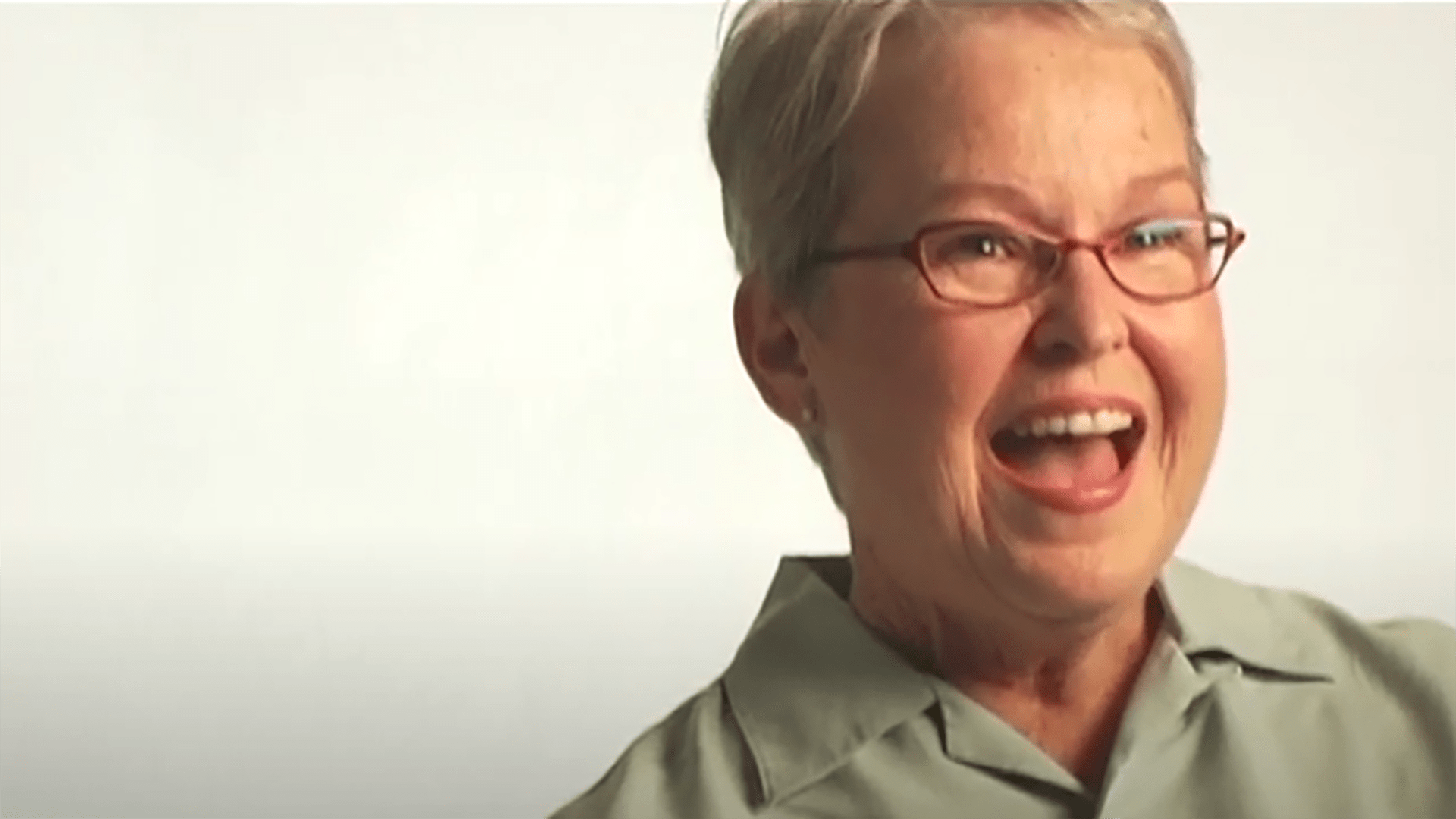Health Care Assistance for Uninsured
Many people affected by cancer can’t afford to pay for important health care services. Fortunately, a variety of health care assistance programs are available to help those who have a financial need. Knowing about the most common types of health care assistance programs can help you get the best and most affordable health care available for your situation.

Ways to find health care assistance programs in your area:
- Contact a nearby nonprofit cancer organization or hospital and ask for a patient services representative.
- Search online using keywords and the name of your community. For example, search for “low-income health care, Austin, TX.”
- Check listings in the government or business sections of your local telephone directory.
- Talk with a professional, such as a social worker or a representative from the Department of Health and Human Services in your area.
- Call the United Way 2-1-1 telephone helpline that is available in many areas.
- Ask family members and friends.
Common health care assistance programs available to you:
Program Type |
Information |
Medicaid |
Medicaid is a federally-funded program administered by the Medicaid offices in each state. To receive Medicaid, you must be a citizen or a lawful U.S. resident. You must be over 65 years of age, meet income guidelines or have certain disabilities. Children and pregnant women may also be eligible.
Apply for Medicaid if your income is low and you meet the requirements of an eligibility group. Despite income level or assets, someone who has had excessive medical expenses and is considered medically needy may be eligible for Medicaid benefits. Contact: Centers for Medicare & Medicaid Services (CMS)
|
Medicare |
Medicare is the federal health insurance program that includes coverage options for prescription medication, doctor services and hospital visits. Medicare services are for people with certain disabilities and for citizens or lawful U.S. residents who are 65 or older. Generally, you or your spouse must have worked for at least ten years in Medicare-covered employment to qualify for benefits.
The Medicare program has three parts: 1. Hospital Insurance to help pay for certain types of hospital care, short-term skilled nursing care and some home health care. 2. Medical Insurance to help pay for some preventive services and for medically necessary doctor services, outpatient care and other medical services. 3. Medicare Prescription Drug Coverage to help pay for drug costs and protect against higher costs in the future. Contact: Centers for Medicare & Medicaid Services (CMS)
|
Social Security Benefits |
If you have limited income and resources to pay for medical care, contact your local Social Security office or the national Social Security Administration for more information.
Contact: U.S. Social Security Administration
|
2-1-1 services |
2-1-1 is a United Way program available in many states. You can get information and referrals to human services programs for day-to-day needs and for emergencies. 2-1-1 services may include referrals to physical and mental health resources, transportation, food banks, financial assistance programs, health insurance and childcare.
Contact: 2-1-1 Services
|
Dental assistance programs |
Dental assistance programs are available in most states to help people with limited incomes and no dental insurance get the care they need. These programs may be run by volunteer or nonprofit organizations, such as state dental associations, as well as by dental schools, state, county or city programs. Each dental assistance program has its own rules for eligibility, services and fees.
Contact: Dental schools in your area and your city or county Health Department can provide information. Also see free or low-cost dental care options at Bureau of Primary Health Care.
|
Health insurance programs for children |
Many states offer low-cost or free health insurance for children. Some states also offer coverage for parents at an additional fee.
|
Hospital care assistance programs |
If you need hospital care and have little or no insurance, you may be eligible to receive financial assistance. Federal and state laws require certain hospitals to provide free medical care or reduced prices to people who are income eligible.
Contact: Your state or county Health Department, a hospital financial counselor, social worker or a patient advocate program can provide more information.
|
Clinical trials |
Clinical trials are studies to test treatments that are in development. One of the advantages of a clinical trial is that patients often do not have to pay anything to participate. Talk with your health care provider about whether participation in a clinical trial would be a good way to obtain treatment.
Contact: |
Assistance for women |
The Centers for Disease Control (CDC) provides screening and diagnostic services in every state through the National Breast and Cervical Cancer Early Detection Program. This program offers an early breast and cervical cancer detection program for women who have low-incomes or are uninsured and underserved.
Contact: National Breast and Cervical Cancer Early Detection Program
|
Community health centers and free clinics |
Community health clinics provide general health care services, usually based on a sliding-fee scale according to your income. Typically there is no charge for a visit with a doctor or nurse and all lab work and medications are free.
Contact: Bureau of Primary Health Care
|
Federally Qualified Health Center (FQHC) |
FQHCs are federally supported community-based health clinics that provide health care services, including prevention, in areas that are underserved. These programs include Community Health Centers, Public Housing Primary Care plans, Migrant Health Centers, Homeless Health Care programs and Urban Indian and Tribal Health Centers.
Contact: Bureau of Primary Health Care
|
Rural Health Clinics (RHC) |
RHCs are located in rural, medically underserved communities. Coverage includes health care services provided by doctors, nurse practitioners, visiting nurses, clinical psychologists and social workers.
Contact: Bureau of Primary Health Care
|
Department of Veterans Affairs (VA) |
Most military veterans are eligible for medical care and prescription coverage through a local VA facility. Those who have service-connected medical conditions may be able to receive priority access to care. In addition, the TRICARE managed care program may provide health care services for eligible dependents.
Contact: Department of Veterans Affairs
|

